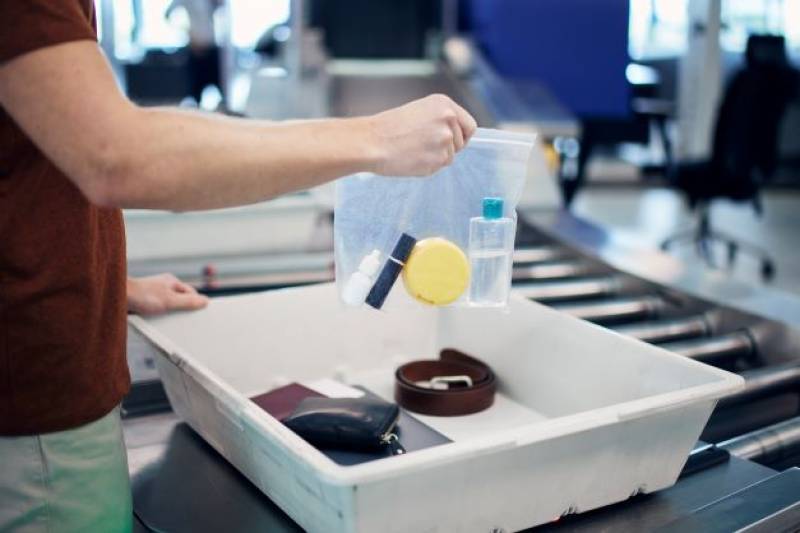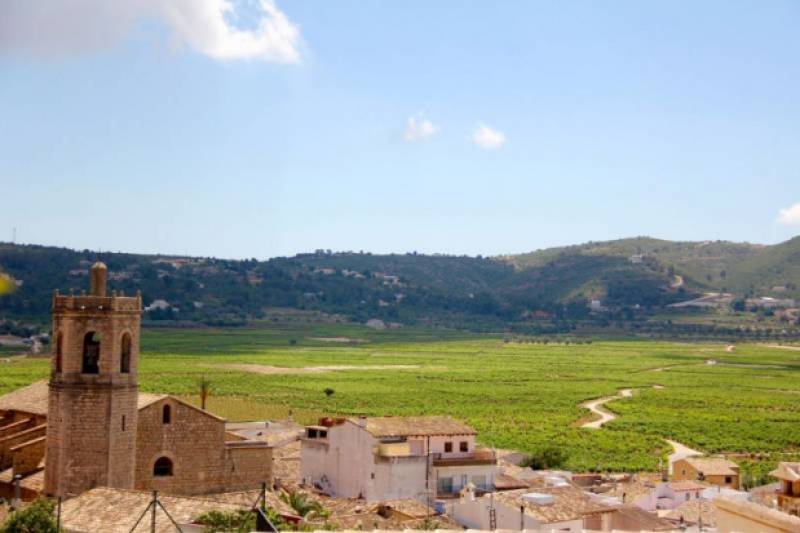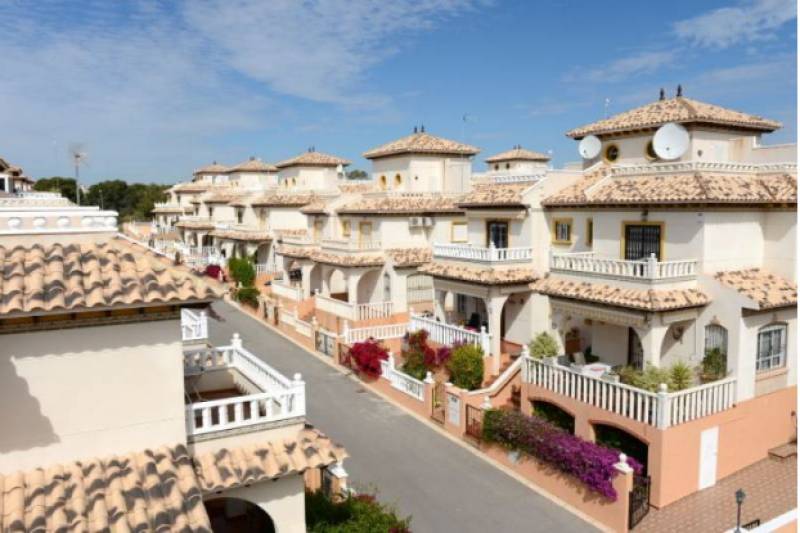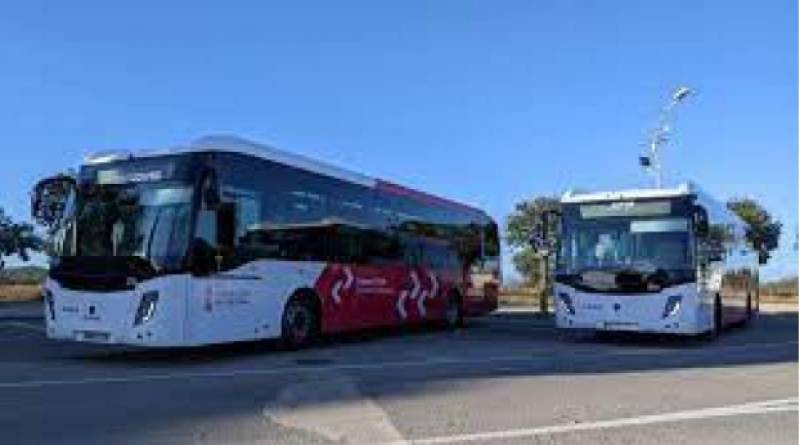
- Region
- Águilas
- Alhama de Murcia
- Jumilla
- Lorca
- Los Alcázares
- Mazarrón
- San Javier
-
ALL AREAS & TOWNS
- AREAS
- SOUTH WEST
- MAR MENOR
- MURCIA CITY & CENTRAL
- NORTH & NORTH WEST
- TOWNS
- Abanilla
- Abarán
- Aguilas
- Alamillo
- Alcantarilla
- Aledo
- Alhama de Murcia
- Archena
- Balsicas
- Blanca
- Bolnuevo
- Bullas
- Cañadas del Romero
- Cabo de Palos
- Calasparra
- Camping Bolnuevo
- Campo De Ricote
- Camposol
- Canada De La Lena
- Caravaca de la Cruz
- Cartagena
- Cehegin
- Ceuti
- Cieza
- Condado de Alhama
- Corvera
- Costa Cálida
- Cuevas De Almanzora
- Cuevas de Reyllo
- El Carmoli
- El Mojon
- El Molino (Puerto Lumbreras)
- El Pareton / Cantareros
- El Raso
- El Valle Golf Resort
- Fortuna
- Fuente Alamo
- Hacienda del Alamo Golf Resort
- Hacienda Riquelme Golf Resort
- Isla Plana
- Islas Menores & Mar de Cristal
- Jumilla
- La Azohia
- La Charca
- La Manga Club
- La Manga del Mar Menor
- La Pinilla
- La Puebla
- La Torre
- La Torre Golf Resort
- La Unión
- Las Palas
- Las Ramblas
- Las Ramblas Golf
- Las Torres de Cotillas
- Leiva
- Librilla
- Lo Pagan
- Lo Santiago
- Lorca
- Lorquí
- Los Alcázares
- Los Balcones
- Los Belones
- Los Canovas
- Los Nietos
- Los Perez (Tallante)
- Los Urrutias
- Los Ventorrillos
- Mar De Cristal
- Mar Menor
- Mar Menor Golf Resort
- Mazarrón
- Mazarrón Country Club
- Molina de Segura
- Moratalla
- Mula
- Murcia City
- Murcia Property
- Pareton
- Peraleja Golf Resort
- Perin
- Pilar de la Horadada
- Pinar de Campoverde
- Pinoso
- Playa Honda
- Playa Honda / Playa Paraíso
- Pliego
- Portmán
- Pozo Estrecho
- Puerto de Mazarrón
- Puerto Lumbreras
- Puntas De Calnegre
- Region of Murcia
- Ricote
- Roda Golf Resort
- Roldan
- Roldan and Lo Ferro
- San Javier
- San Pedro del Pinatar
- Santiago de la Ribera
- Sierra Espuña
- Sucina
- Tallante
- Terrazas de la Torre Golf Resort
- Torre Pacheco
- Totana
- What's On Weekly Bulletin
- Yecla


- EDITIONS:
 Spanish News Today
Spanish News Today
 Alicante Today
Alicante Today
 Andalucia Today
Andalucia Today

Spanish News Today Editors Roundup Weekly Bulletin Feb 24

FEATURE ARTICLES: "Spanish airports to ditch carry-on liquid restrictions by 2024" and "UK tomato shortage blamed on Spanish weather"
Airport liquids
TOMATWOES

The expats who live in illegal homes

 The town of Llíber in Alicante’s Marina Alta (population just 1,000, over half of whom are expats), has arguably been one of the worst affected communities by this whole illegal homes shambles. But it’s also hoping to be one of the first of an estimated 542 villages in the region to use what this new MIT programme offers to finally – after more than 20 years – legalise the homes that were built so long ago on green-belt land unfit for the purpose and end the suffering for the hundreds of expats living there.
The town of Llíber in Alicante’s Marina Alta (population just 1,000, over half of whom are expats), has arguably been one of the worst affected communities by this whole illegal homes shambles. But it’s also hoping to be one of the first of an estimated 542 villages in the region to use what this new MIT programme offers to finally – after more than 20 years – legalise the homes that were built so long ago on green-belt land unfit for the purpose and end the suffering for the hundreds of expats living there.Murcia
 Training manoeuvres for military supersonic flights have been approved in the afternoons from Monday February 20 until Thursday March 2, and with the aircraft going at speeds of up to 2,500kmh – twice the speed of sound – the cracking noise of the sonic boom may be heard over the course of the week as they break the sound barrier.
Training manoeuvres for military supersonic flights have been approved in the afternoons from Monday February 20 until Thursday March 2, and with the aircraft going at speeds of up to 2,500kmh – twice the speed of sound – the cracking noise of the sonic boom may be heard over the course of the week as they break the sound barrier.
Spain
 It’s been another frustrating week for UK nationals resident in Spain who don’t hold Spanish driving licences following a British Embassy update that had little new to say. After more than two weeks of radio silence, Hugh Elliott took to social media on Wednesday to reassure UK licence holders that the “final steps” in the negotiation between Spain and Britain will “be taken in the next few weeks”.
It’s been another frustrating week for UK nationals resident in Spain who don’t hold Spanish driving licences following a British Embassy update that had little new to say. After more than two weeks of radio silence, Hugh Elliott took to social media on Wednesday to reassure UK licence holders that the “final steps” in the negotiation between Spain and Britain will “be taken in the next few weeks”. Countries like France and the Netherlands already apply similar measures. There, employees can earn up to 800 euros (France) and 1,500 euros (Netherlands) extra a year for going to work by bicycle, but in Spain this would require a change in current legislation.
Countries like France and the Netherlands already apply similar measures. There, employees can earn up to 800 euros (France) and 1,500 euros (Netherlands) extra a year for going to work by bicycle, but in Spain this would require a change in current legislation.Alicante

Four months of anguish and appeals for information about the whereabouts of missing Irishman Ken Moore who disappeared while holidaying on the Costa Blanca came to a heartbreaking end for the 53-year-old's family this week when his body was found in Alicante.
The tragic discovery was made by staff from a gardening company working on wasteland near Agua Amarga beach in Avenida de Elche. The body was found face up on the ground in an advanced state of decomposition. His head was resting on a rucksack, there were no signs of violence, and his passport was next to the corpse.
Last November, Mr Moore's distraught family issued a public appeal for information to try to locate him.
According to this brother Trevor Moore, the victim had left Cork for Valencia on September 17, and spent a few days in the city before travelling to Alicante and then on to Villamartin in Orihuela Costa. The pair last spoke on October 10 2022.
Spain's missing person's bureau SOS Desaparecidos reported Mr Moore officially missing on November 30, two days after a formal police file was opened. Witnesses claimed to have seen the victim at the end of October, and the authorities believe he could have died around this time, although the pending results of a post mortem are expected to clarify this and other circumstances.
In the coastal town of Torrevieja, home to one of Alicante' province's largest British expat communities, the often arduous task of obtaining the all important 'empadronamiento', also known as a padrón, has been greatly simplified.
The document is vital in Spain, providing official proof of address and one of the requirements for residency applications, and as is the case with many administrative procedures, getting hold of one can be a bit of a bind, involving a trip to the Town Hall, and a second visit to pick up the signed document.
However, a complete automation of the municipal register in Torrevieja means anyone in a hurry to get an up-to-date padrón can now do so digitally following a complete automation of the municipal register.
Torrevieja Council has stressed the importance of the new streamlined service and assured it will "expedite the procedures for applying and obtaining this particular document", as well as "other various Register certificates".
The new service is available through the Town Hall's website.
 In the latest round of promotions to encourage more of us to use public transport as opposed to cars, anyone under the age of 30 in Alicante province will soon be able to hop on an intercity bus and travel for free.
In the latest round of promotions to encourage more of us to use public transport as opposed to cars, anyone under the age of 30 in Alicante province will soon be able to hop on an intercity bus and travel for free.
Following the huge success of free TRAM travel for under 30s, with more than 34,000 beneficiaries since its implementation at the beginning of February, the Valencia Government is extending the measure to intercity buses.
The 100% discount for young people will be applied to the entire region and the government is expected to have it up and running in about six weeks.
In Alicante province, the free travel will affect around 30 routes that connect different municipalities, and will include the city line to Alicante-Elche airport.
The fully subsidised travel is expected to come into at the beginning of April and will go hand in hand with free travel for under 30s on Alicante TRAM until at least July 31.
Andalucía
 Okay, so it’s no longer quite as dangerous as it once was, and while it’s still a daunting trek that’s not entirely suitable for those who suffer from vertigo or who have reduced mobility, the famous footbridge is now far more secure after a series of interventions.
Okay, so it’s no longer quite as dangerous as it once was, and while it’s still a daunting trek that’s not entirely suitable for those who suffer from vertigo or who have reduced mobility, the famous footbridge is now far more secure after a series of interventions.
You may have missed…
- Spanish publishers refuse to censor Roald Dahl books.
Spain has flatly refused to change words like "fat" and "ugly" in the British novelist's classics, despite pressure from the UK and the rest of Europe. - Alicante fire rescue dog sniffs out missing 80-year-old woman.
The incredibly sensitive nose of Alicante fire rescue dog Kira has helped locate an 80-year-old Alicante woman reported missing by frantic family members 24 hours earlier. - Lorca legislates to limit electric scooter use.
Lorca City Council has devised new legislation that ensures riders of personal mobility vehicles (VMP) wear the proper protective gear and only use the roads and pathways allocated to them. - Spanish government considers a price cut on supermarket meat and fish.
Once the figures come in for the first fiscal quarter, sources close to the Minister of Finance believe that a VAT cut could be applied to fish and meat from March if prices continue to escalate. - Emergency Disaster Alert texting system goes live in the Region of Murcia.
The ‘112 inverso’ system allows the authorities to send immediate alert messages with a loud beeping noise to mobile phones located in an area affected by a risk situation such as fire, floods, earthquakes or terror attacks.
Cartagena
El Carmoli
Islas Menores and Mar de Cristal
La Manga Club
La Manga del Mar Menor
La Puebla
La Torre Golf Resort
La Union
Los Alcazares
Los Belones
Los Nietos
Los Urrutias
Mar Menor Golf Resort
Pilar de la Horadada
Playa Honda / Playa Paraiso
Portman
Roldan and Lo Ferro
San Javier
San Pedro del Pinatar
Santa Rosalia Lake and Life resort
Terrazas de la Torre Golf Resort
Torre Pacheco
Aledo
Alhama de Murcia
Bolnuevo
Camposol
Condado de Alhama
Fuente Alamo
Hacienda del Alamo Golf Resort
Lorca
Mazarron
Puerto de Mazarron
Puerto Lumbreras
Sierra Espuna
Totana
Abaran
Alcantarilla
Archena
Blanca
Corvera
El Valle Golf Resort
Hacienda Riquelme Golf Resort
Lorqui
Molina de Segura
Mosa Trajectum
Murcia City
Peraleja Golf Resort
Ricote
Sucina
Condado de Alhama
El Valle Golf Resort
Hacienda del Alamo Golf Resort
Hacienda Riquelme Golf Resort
Islas Menores and Mar de Cristal
La Manga Club
La Torre Golf Resort
Mar Menor Golf Resort
Mazarron Country Club
Mosa Trajectum
Peraleja Golf Resort
Santa Rosalia Lake and Life resort
Terrazas de la Torre Golf Resort
La Zenia
Lomas de Cabo Roig

CAMPOSOL TODAY Whats OnCartagena SpainCoronavirusCorvera Airport MurciaMurcia Gota Fria 2019Murcia property news generic threadWeekly Bulletin




